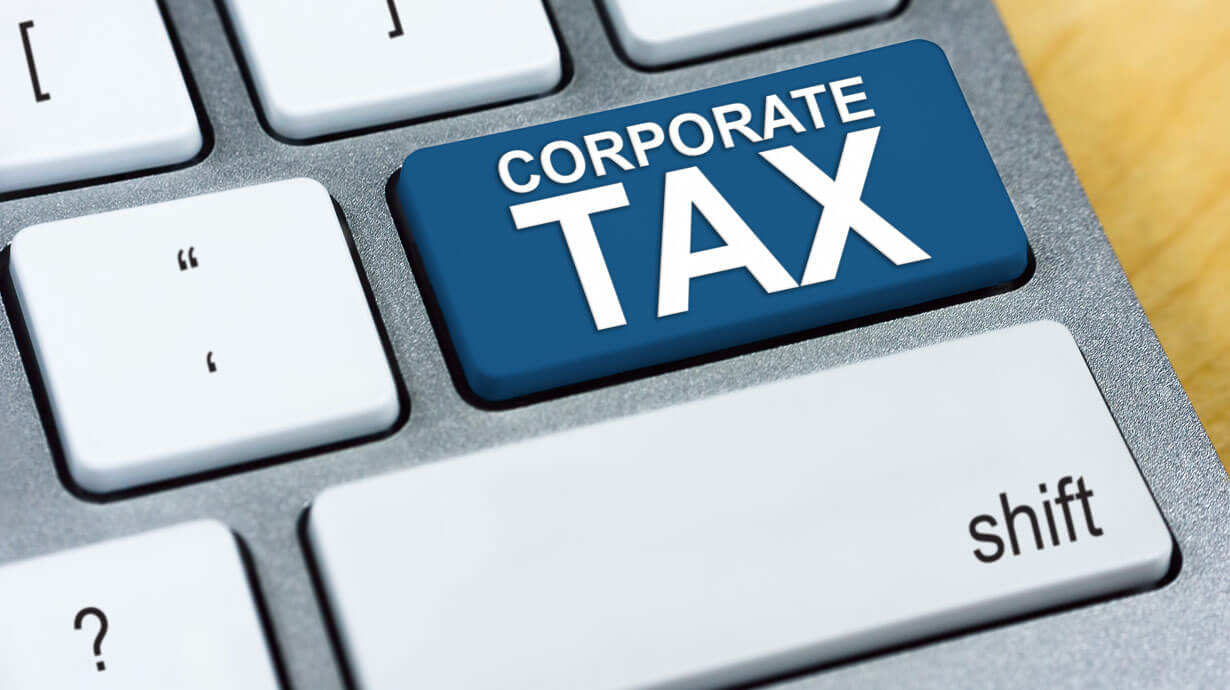As a business owner in Singapore, staying compliant with corporate tax regulations is crucial for your company’s financial health and legal standing. The Inland Revenue Authority of Singapore (IRAS) requires all company’s to file their corporate tax returns annually. This comprehensive guide will walk you through essential steps and deadlines for IRAS corporate tax filing, ensuring you are well-prepared for this important financial obligation.
Understanding IRAS Corporate Tax Filing
Before diving into the checklist, it’s important to understand what corporate tax filing entails. In Singapore, companies are taxed on their chargeable income, which is the income left after deducting allowable expenses from the total revenue. The current corporate tax rate in Singapore is 17%, with various tax incentives and exemptions available for qualifying companies.
IRAS Corporate Tax Filing: Key Deadlines to Remember
1. Financial Year End (FYE): Your company’s financial year is crucial as it determines your filing deadline.
2. Filing Deadline: Companies must file their corporate tax returns (Form C-S or Form C) by November 30th of each year, regardless of their FYE.
3. Estimated Chargeable Income (ECI) Submission: Companies must file their ECI within three months from their FYI, unless they meet specific exemption criteria.
4. Tax Payment: The due date of tax payment is typically within one month from the date of Notice of Assessment issued by IRAS.
IRAS Corporate Tax Filing: Your Ultimate Checklist
1. Determine Your Filing Method
- Form C-S: For companies with annual revenue of S$5 million or below
- Form C-S (Lite): For companies with annual revenue of S$200,000 or below
- Form C: For companies with annual revenue exceeding S$5 million
2. Gather Financial Documents
- Profit and Loss Statement
- Balance Sheet
- Detailed income and expense items
- Bank Statements
- Invoices and receipts
3. Calculate Chargeable Income
- Determine your company’s total revenue
- Identify and calculate allowable expenses
- Compute chargeable income (Revenue – Allowable Expenses)
4. Claim Relevant Deductions and Incentives
- Capital allowances for fixed assets
- Tax exemptions for new start-up companies
- Productivity and Innovation Credit (PIC) scheme (if applicable)
- Double Tax Deduction for Internationalization (DTDi)
5. Submit Estimated Chargeable Income (ECI)
- File ECI within three months from your FYE
- You can revise your ECI before filing the actual tax return if needed
6. Prepare and File Tax Return
- Compile all necessary information and supporting documents
- Complete Form C-S, Form C-S Lite or Form C as applicable
- Submit via myTax Portal by November 30
7. Respond to IRAS Queries
- Be prepared to provide any additional information if requested by IRAS
- Respond promptly to any queries to avoid delays in assessment
8. Receive Notice of Assessment
- Review the NOA carefully when received
- File an objection within two months if you disagree with the assessment
9. Pay Your Taxes
- Pay the assessed tax within one month from the date of the NOA
- Consider GIRO for installment payments if needed
10. Keep Records
- Maintain all financial records and supporting documents for at least five years
Must Read: IRAS Tax Filing Tips For Singapore 2025
IRAS Corporate Tax Filing: Tips for a Smooth Filing Process
1. Stay Organized: Keep your financial records up-to-date throughout the year to avoid last-minute rushes.
2. Leverage Technology: Use accounting software to streamline your record-keeping and tax calculation processes.
3. Understand Tax Incentives: Familiarize yourself with available tax incentives and ensure that you are claiming all applicable benefits.
4. Seek Professional Help: Consider engaging a tax professional or accountant, especially if your company has complex financial structures.
5. Plan Ahead: Mark important dates on your calendar and start preparing well in advance of deadlines
6. Stay informed: Keep up-to-date with any changes in tax regulations or filing requirements announced by IRAS.
7. Be accurate: Double-check all figures and ensure all information provided is accurate to avoid penalties.
Conclusion
IRAS Corporate tax filing is a significant responsibility for all Singapore companies. By following this comprehensive checklist and staying organized throughout the year, you can ensure a smooth and compliant tax filing process. Remember, timely and accurate filing not only keeps you in good standing with IRAS but also contributes to overall financial health and transparency of your business.








 5
5


























